Colloquium Archive
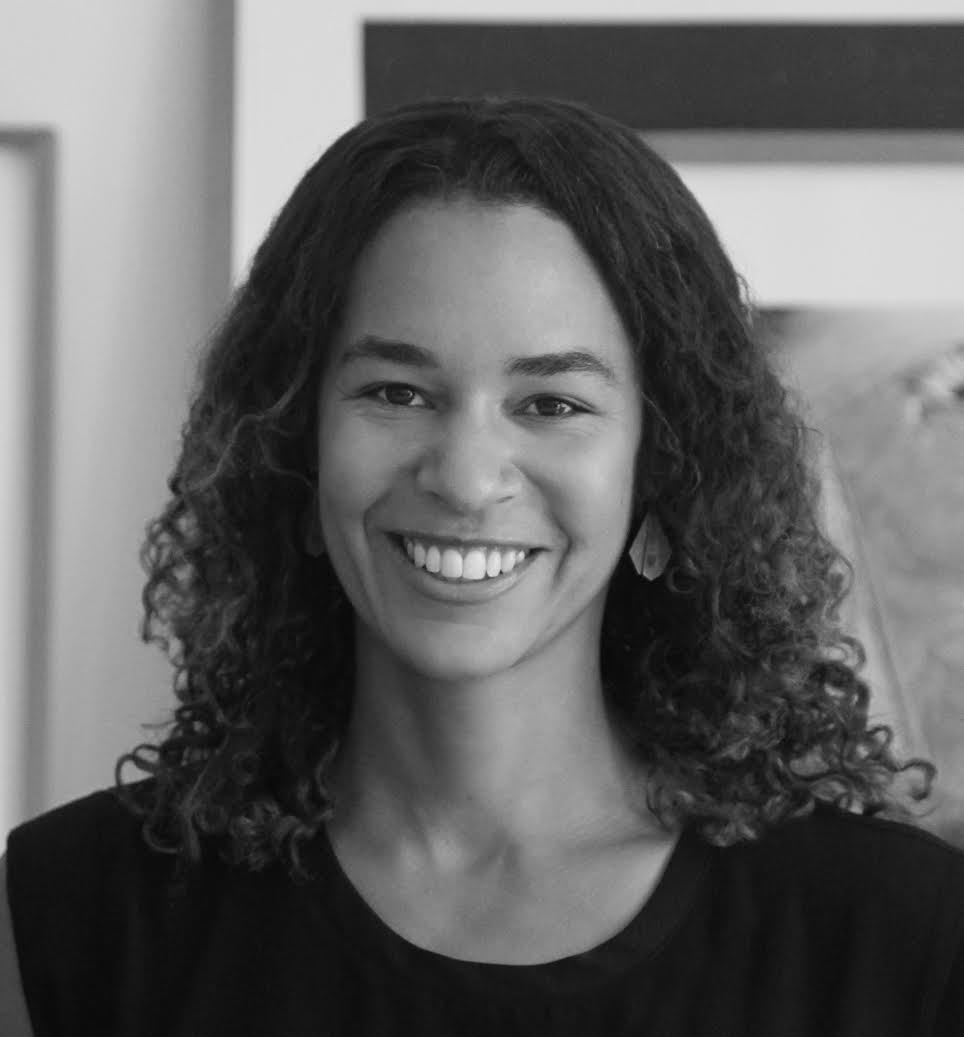
New York University
December 04, 2025
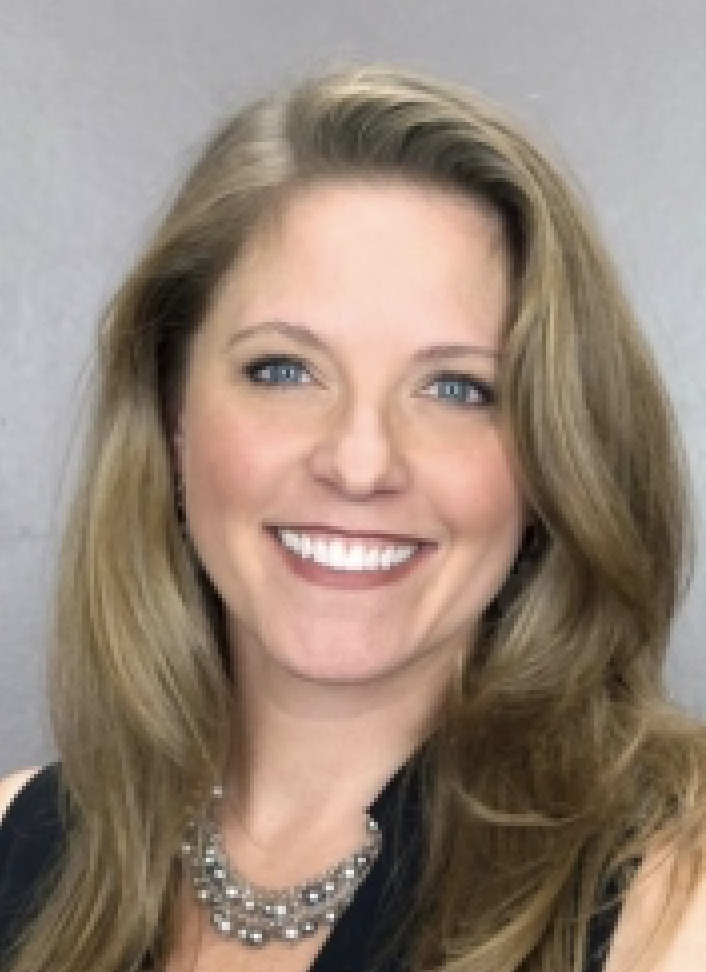
UC Los Angeles
November 06, 2025

Delft University of Technology
October 02, 2025
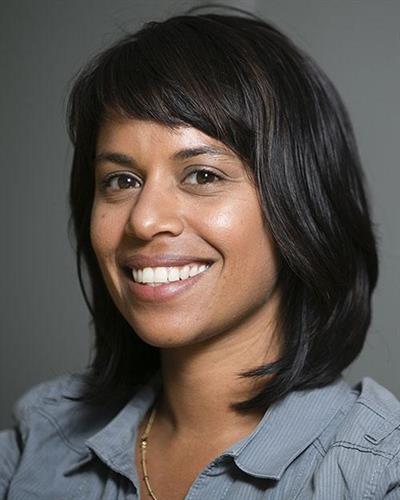
Tufts University
June 05, 2025

University of Chicago
May 22, 2025

Dartmouth
April 17, 2025
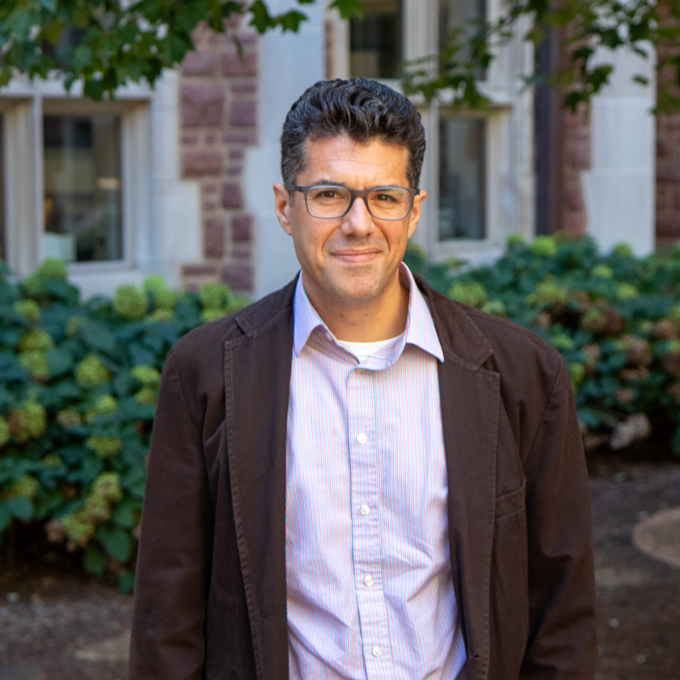
Washington University
April 03, 2025

New York University
March 13, 2025
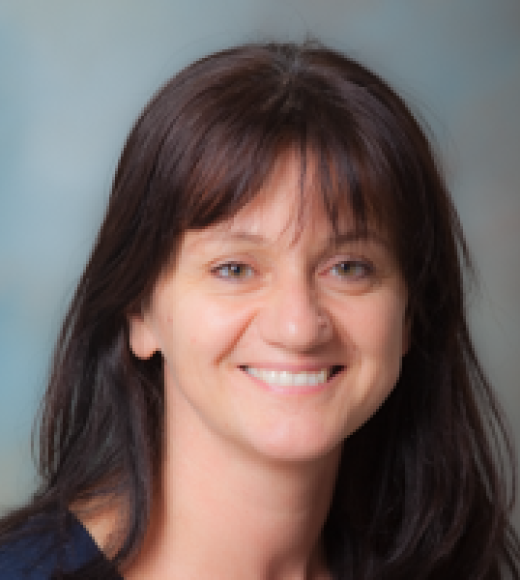
UC Davis
February 06, 2025
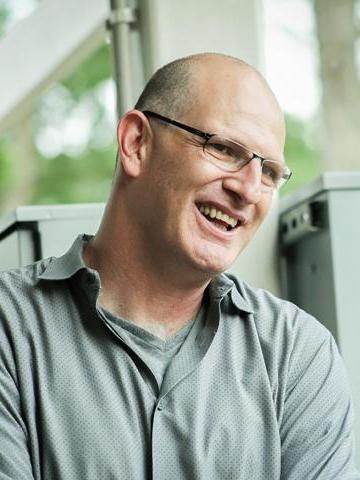
Princeton University
December 05, 2024
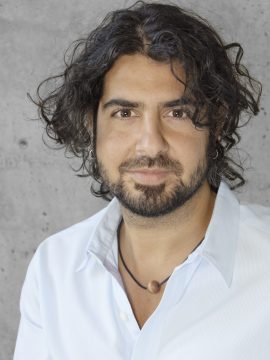
University of British Columbia
November 14, 2024

University of Michigian
November 07, 2024
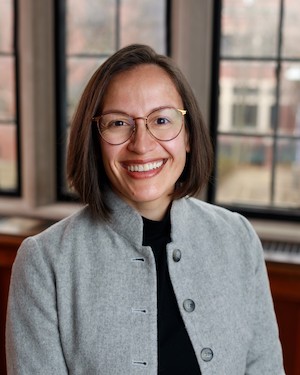
University of Chicago
March 07, 2024

UC Los Angeles
February 22nd, 2024
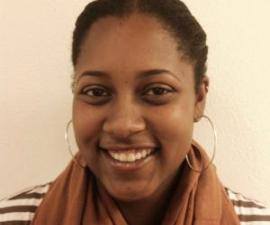
UC Berkeley
February 1st, 2024

Harvard University
January 11th, 2024


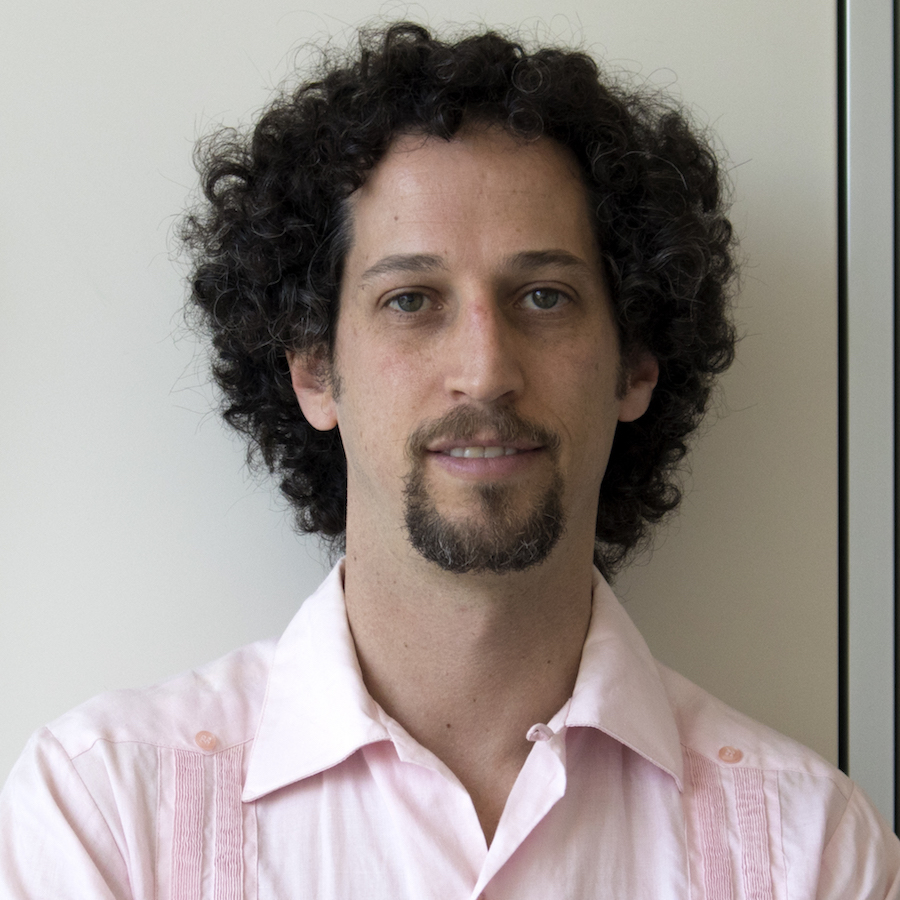
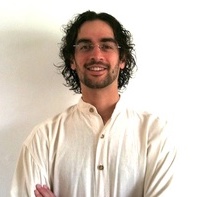

New York University
June 1, 2023
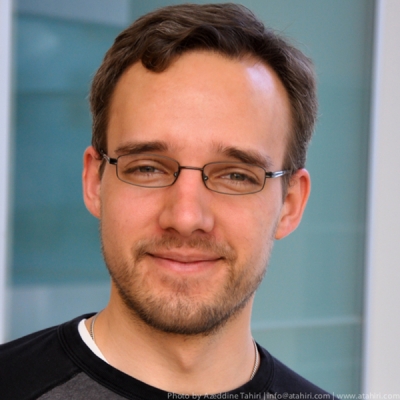
Princeton University
May 25, 2023



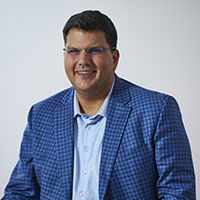
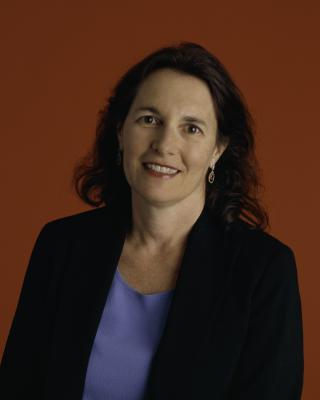

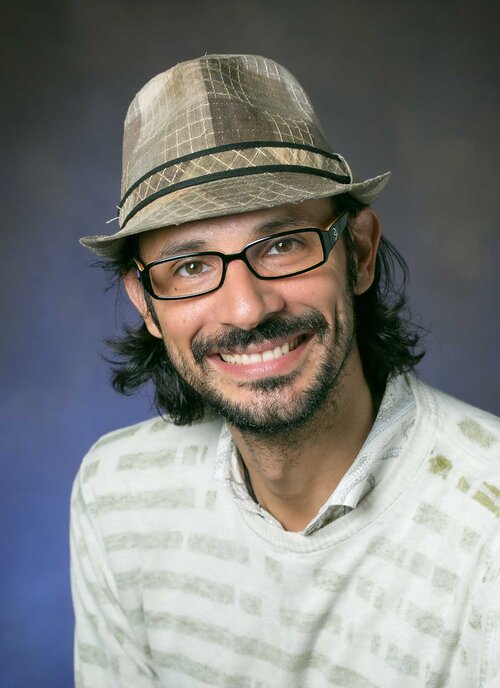



University of North Carolina, Chapel Hill
January 6, 2022

Yale University
December 2, 2021






Stanford University
April 01, 2021

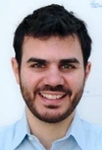
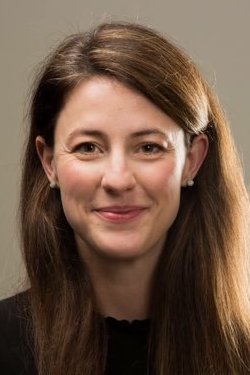


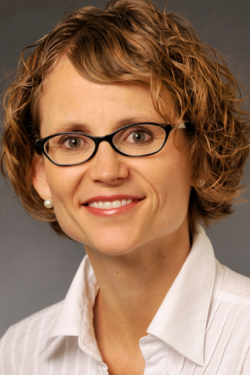


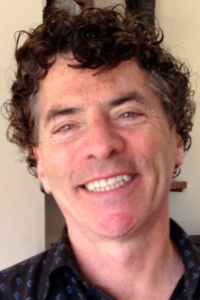
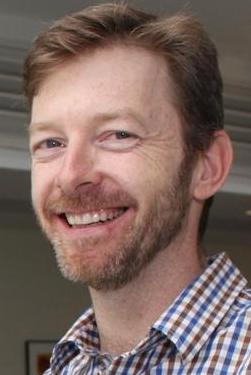


Harvard University (Anderson Distinguished Speaker)
May 9, 2019
From Core Concepts to New Systems of Knowledge
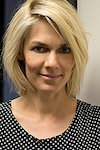









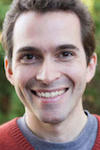
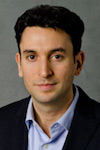
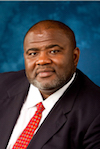


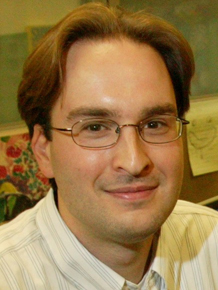
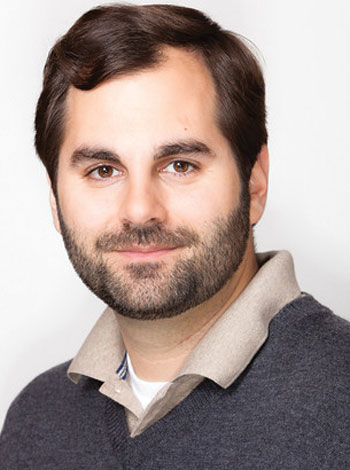
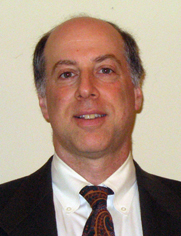



University of New South Wales
May 23, 2017
The Multiple Fuels of Approach Motivation | Lab


University of Michigan
May 23, 2017
Multisensory Signals Modulate Processing in Unisensory Areas Through Predictive Coding | Lab

University of California, San Diego
February 2, 2017
Developmental Perspectives on Lying and Cheating | Lab

Cornell University
January 17, 2017
Enemies of Gratitude | Lab

University of Michigan
November 10, 2016
Individual Variation in Resisting Temptation: Implications for Addiction | Lab
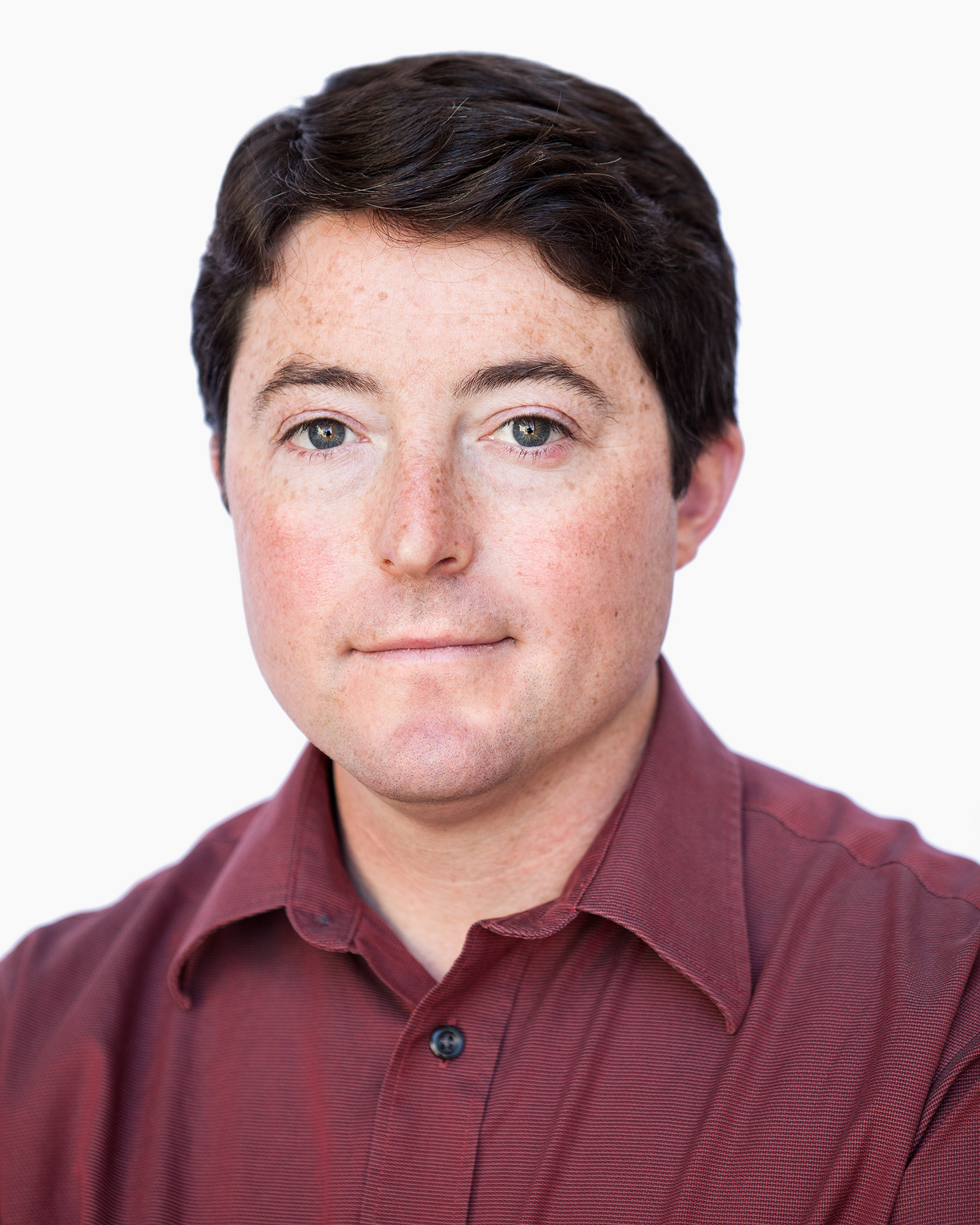
Occidental College
October 20, 2016
Conceptual and Epistemic Obstacles to Understanding Science | Lab
University of Miami
May 13, 2016
Do Disinterested Third Parties Really Punish Norm Violators? New Looks at an Old Question
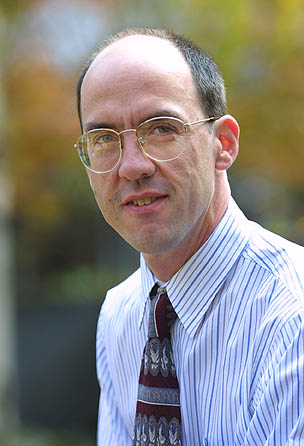
Temple University
April 28, 2016
Spatial and Temporal Reasoning in Geology: New Cognitive Science from Old Rocks | Lab
University of California, Los Angeles
April 14, 2016
Unconscious Fear Erasure via Multivoxel Neurofeedback | Lab

Rutgers Robert Wood Johnson Medical School
February 9, 2016
The Rise of Consciousness and the Development of Emotional Life
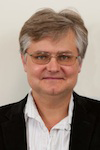
University of California, San Diego
February 4, 2016
Rational Embodiment in Emotion and Social Cognition: Faces, Gestures, and Concepts in Context | Lab

University of California, Irvine
October 29, 2015
Perceptual Learning | Lab

New Mexico State University
October 22, 2015
A New Way to Express Models and Theories in Social Psychology

University of Amsterdam
October 15, 2015
The Role of the Subthalamic Nucleus in Strategic Decision Making: A Model Based Approach | Lab
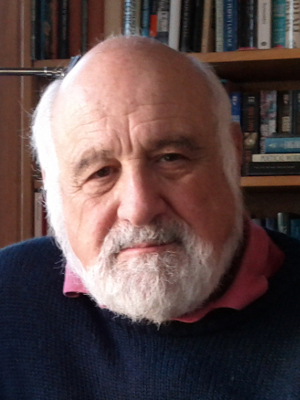
University of Southern California
April 16, 2015
The ABLE Project: Action, Brain, Language and Evolution

University of Toronto
December 4, 2014
Little Liars: Development of Verbal Deception in Childhood
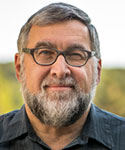
University of California, Davis
November 13, 2014
Training the Mind, Opening the Heart: Findings from the Longitudinal Study of Intensive Meditation
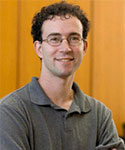
University of California, Los Angeles
November 6, 2014
Cue Weighting

University of California, Irvine
October 30, 2014
Underlying Trait Effects in Children's Mathematical Development: Implications for Understanding Fade-Out of Early Childhood Intervention Effects

Brown University
October 9, 2014
Rational Mechanisms for Social Learning and Scientific Reasoning in Young Children

Cardiff University
May 22, 2014
How Study Pre-Registration can Benefit Psychology and Cognitive Neuroscience.

Queens University
May 8, 2014
How do Preschooler's Brains Change their Minds?

Pennsylvania State University
April 24, 2014
How the Mind and the Brain Negotiate Competition for Selection in Bilingual Speech

Pennsylvania State University
April 17, 2014
The Cinderella of Psychology

University of California, San Diego
February 6, 2014
Adapting Circadian Clocks for Shift-work and Time-zone Travel
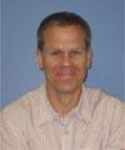
University of California, Los Angeles
November 21, 2013
Constraints on Statistical Learning in Infancy

City University & Institute for Neurological Research, Cologne
November 7, 2013
Global Saccadic Adaptation and Lotze's Theory of Visual Direction

Basque Foundation for Science
October 31, 2013
Living in Babel
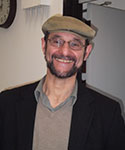
Rutgers University
October 10, 2013
The Political Distortion of Social Psychology: How Questionable Interpretive Practices Lead to Scientifically Unjustified Conclusions & Research interests

Anderson Colloquium
University of California, Los Angeles
June 6, 2013
Forgetting as a Friend of Learning
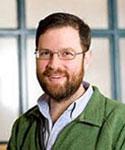
Princeton University
May 30th, 2013
Tracking Memory Retrieval with Multivariate Pattern Analysis

Linköping University
May 23, 2013
Imitation as a Social and Cognitive 'Measure': What I have Learned from Infants and Children with Autism - So Far

University of Nevada, Reno
April 25, 2013
Color Inference
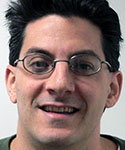
Washington University
April 18, 2013
Flexible Neural Mechanisms of Cognitive Control

University of Texas at Austin
November 29th, 2012
The Imitative Foundations of Cultural Learning

University of California, Berkeley
November 8, 2012
The Bottleneck Of Conscious Vision

University College London
November 1, 2012
Stimulating Speech: Behavioural, fMRI and tDCS (Transcranial Direct Current Stimulation) Data from Healthy and Aphasic Stroke Subjects

University of California, Irvine
October 25, 2012
Modeling Human Judgments with Quantum Probability Theory
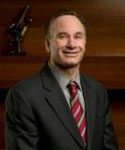
San Diego State University
September 27, 2012
The Cognitive Effects of Dehydroepiandrosterone (DHEA) in Post-Menopausal Women: A 10-Year Odyssey
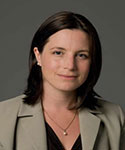
University of Washington
April 19th, 2012
The Recruitment of Visual Motion Area MT+ for Auditory Motion Processing in Early Blind Individuals

University of Washington
April 12, 2012
Fairness Expectations in Infancy: Individual Differences and Developmental Change in the Second Year of Life

University of California, Berkeley
March 15, 2012
Neurological Models of Psychological Dysfunction: An Idea Whose Time has Come?

New York University
March 1, 2012
Understanding Audition Via Sound Analysis and Synthesis
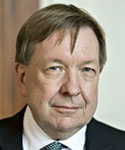
University of Cambridge
December 1, 2011
Impulsive-Compulsive Disorders: Neuropsychological and Neurochemical Basis

University of California, Los Angeles
November 17, 2011
Consciousness and Cognition After Severe Brain Injury: fMRI of the Vegetative State

University of California, San Diego
October 27, 2011
Does Language Put Mental Simulation in the Driver's Seat
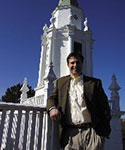
Cornell University
October 20, 2011
Emergence of Complex Communications from Simple Interactions:
Lessons from Songbirds and Human Infants
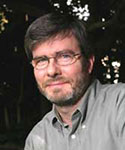
UCLA School of Law
October 13, 2011
The Mismatch Effect and the Consequences of Prop 209